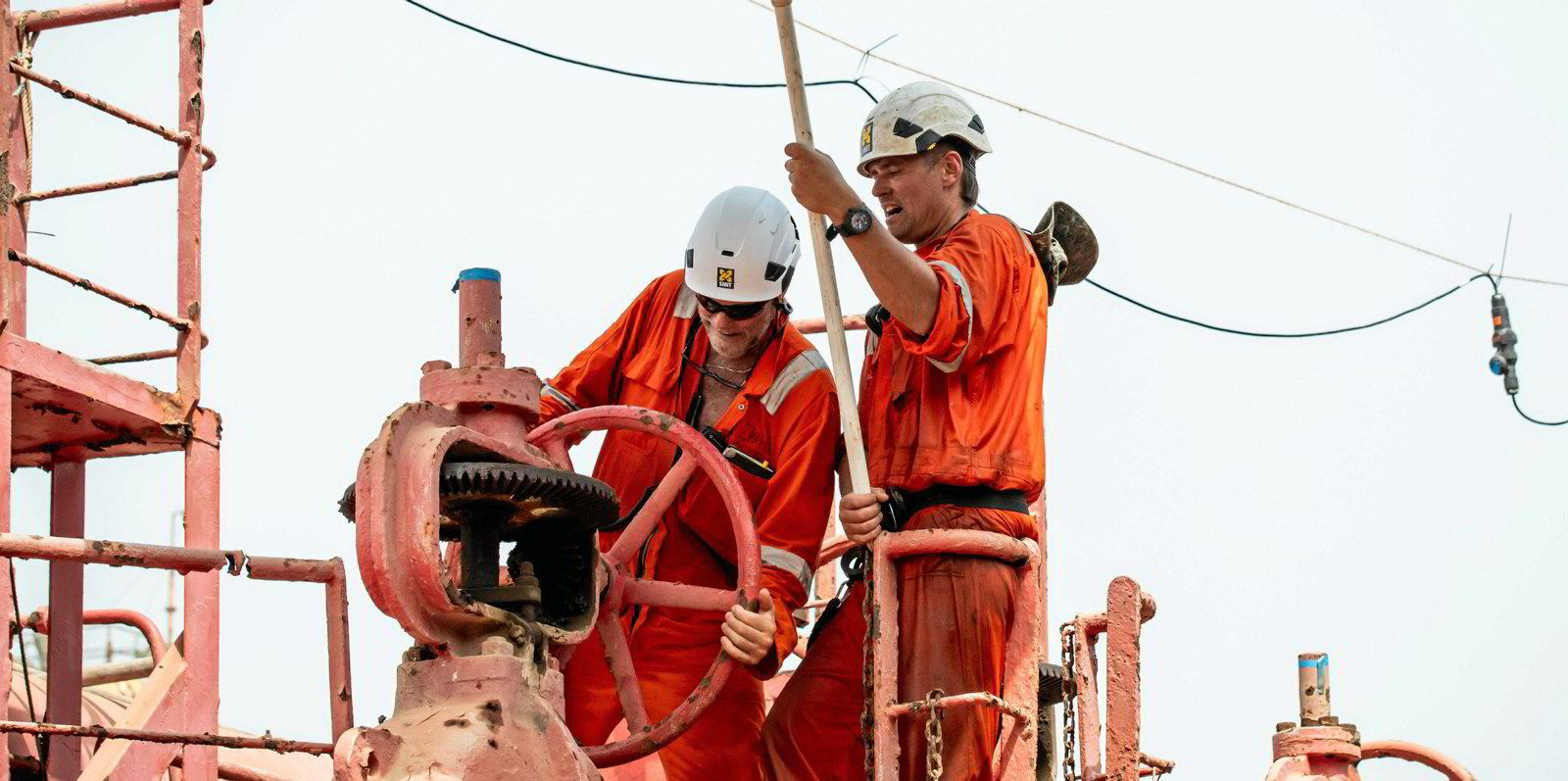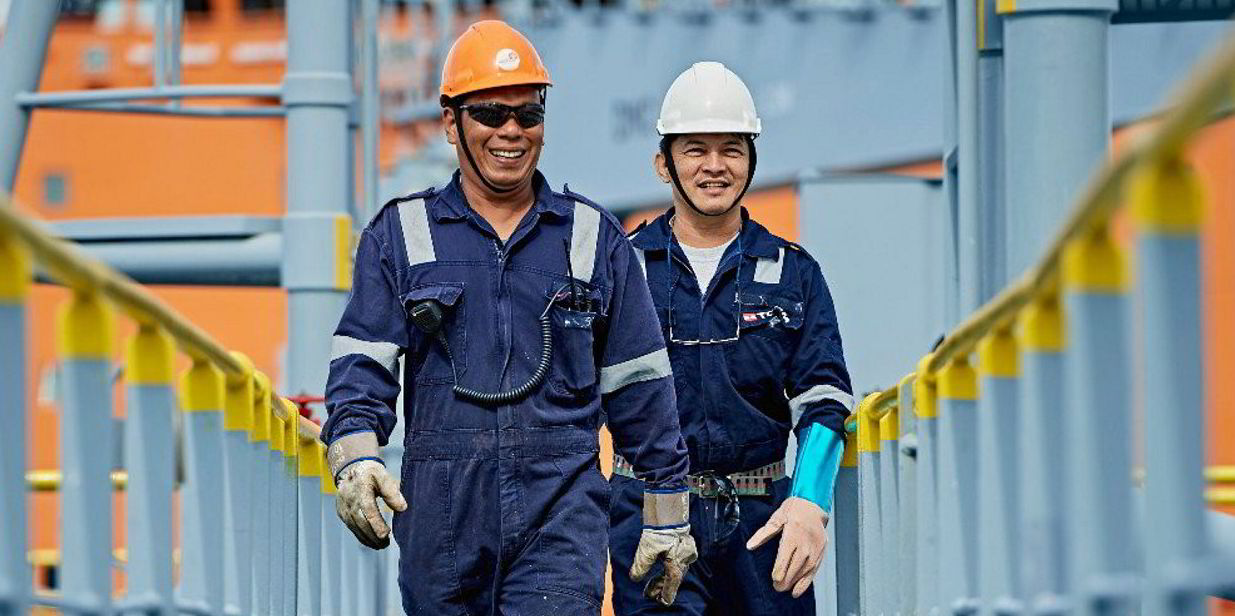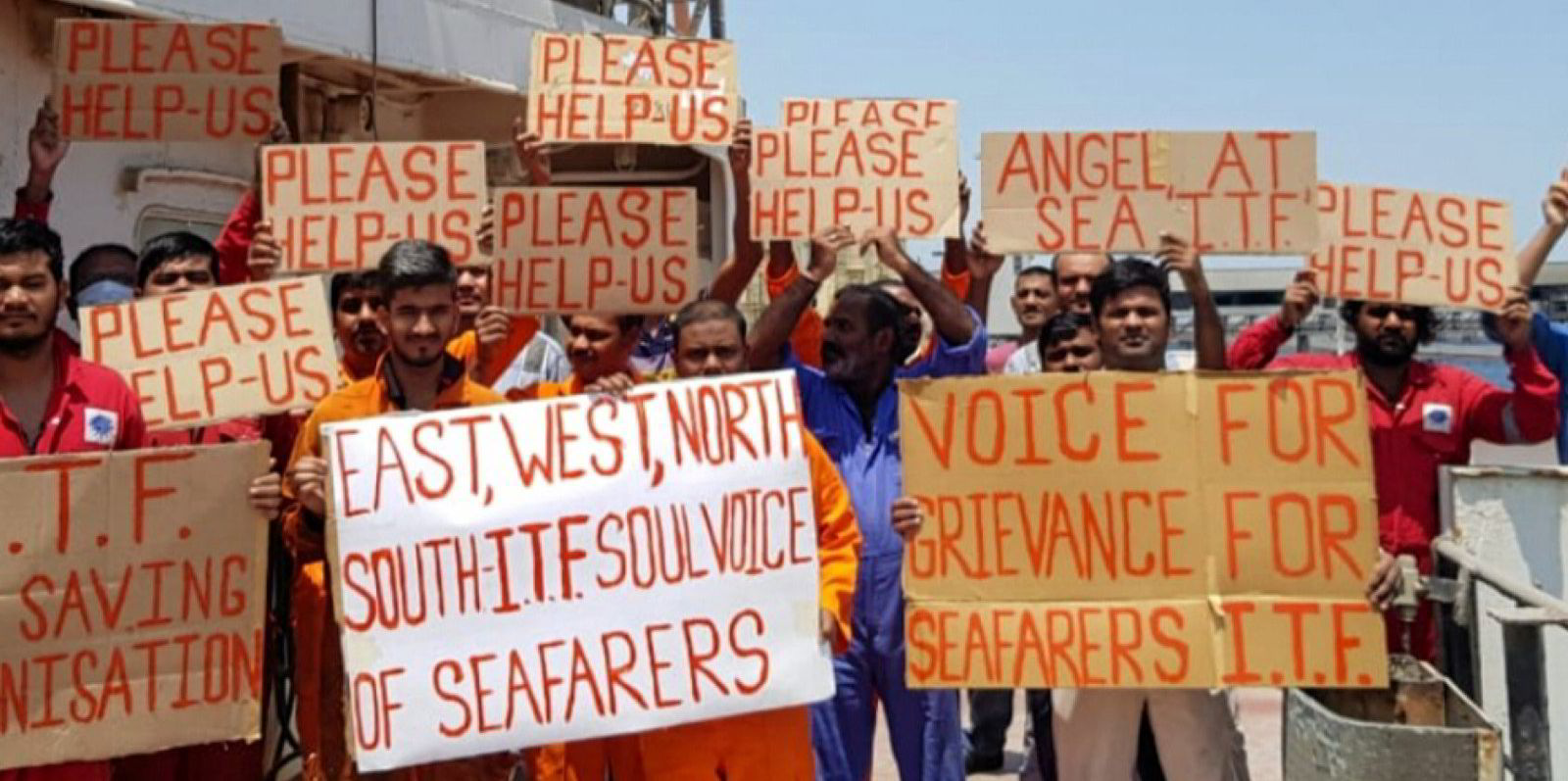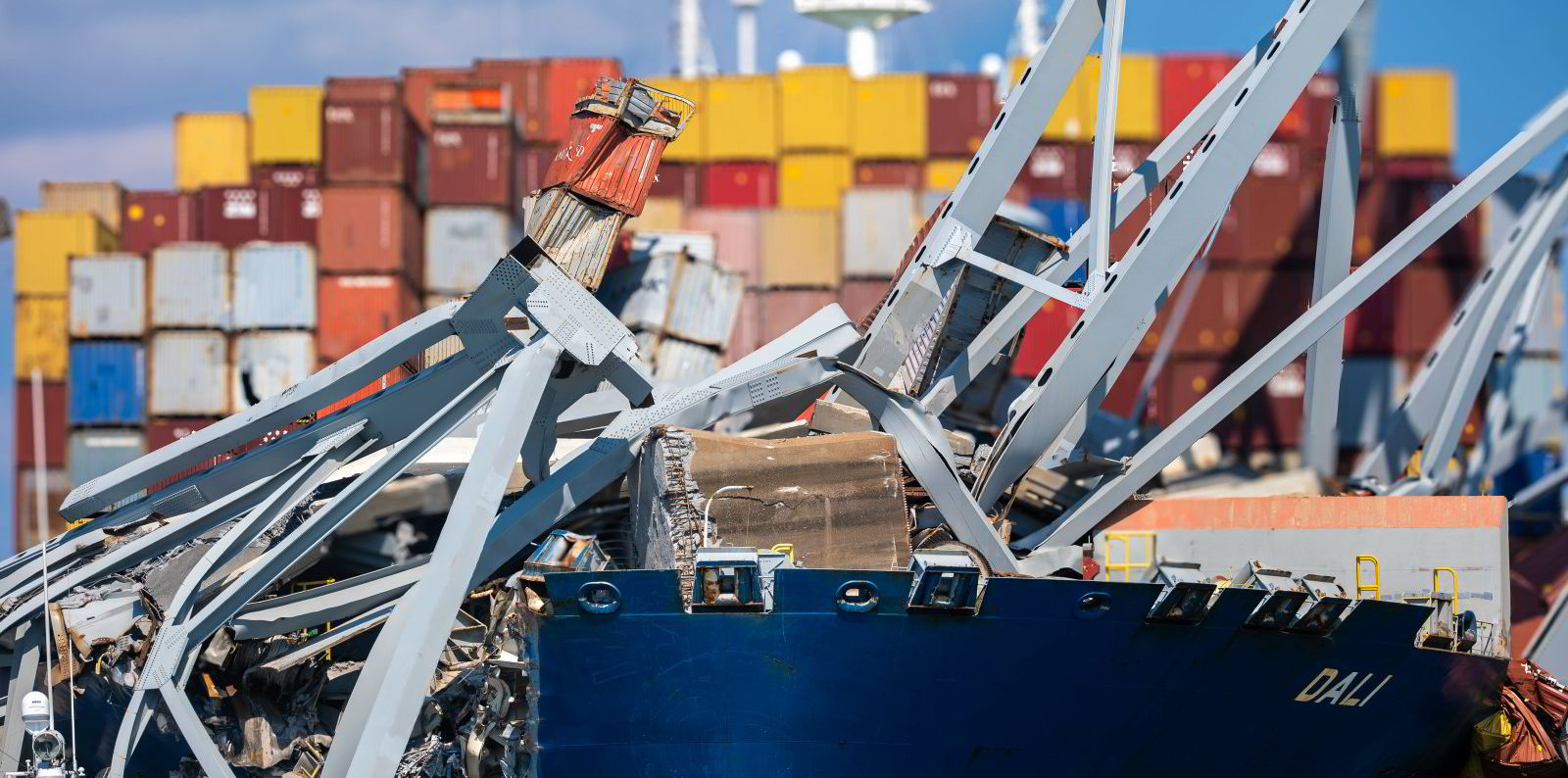A survey of thousands of seafarers has painted a largely positive picture of the shipping industry, but concerns remain over discrimination and harassment.
The anonymous online questionnaire was circulated to crew members last year by Intertanko, the independent tanker owners’ association.
The aim was to better understand why people seek a career at sea, their living conditions on board and if experiences matched expectations.
Intertanko believes it provides a strong snapshot of the industry, with more than 5,400 seafarers participating, mainly serving on tankers for Intertanko members.
Filipino, Indian and Greek nationals made up more than two-thirds of all respondents.
Dimitris Fokas, training manager at Maran Tankers Management and chair of Intertanko’s human element committee, said: “It is very encouraging to hear that our seafarers feel they work in a safe environment.
“It is clear we need to ensure that seafarers are looked after through high-quality employment conditions and really focus upon their welfare and development.
“Young seafarers today want to get on, be mentored by seniors and make the very best of their chosen career.”
The findings will potentially generate recommendations for the whole industry, the organisation said.
One area in which significant differences were found is that of gender.
Women who responded to the survey exhibited greater motivation to reach higher management positions, and were more likely to study for further qualifications and to recommend the career to others.
There are minor differences on other issues, but the lived experiences of respondents were very similar.
These included high levels of satisfaction with life and work on board.
Recreation and sleep

Respondents identified poor recreational facilities on ships and reported poor sleep quality, but cabins were viewed positively by respondents.
Mentoring is seen as the most important issue, and companies should prioritise providing policies to support this, Intertanko said.
Access to the internet is of great importance across every age and nationality group, and its provision is no longer a luxury that any shipping company can avoid, the association added.
The issue of gender diversity on board is key to making the industry a safe, inclusive workplace for all seafarers, the survey showed.
“While women do report facing certain levels of misconduct, they do on the whole still regard ships as safe places to work,” Intertanko said.
“We feel that more should be done to encourage women to seek seagoing careers and any issues surrounding misconduct, potential or actual, should be addressed and treated with the utmost importance.”
But the survey found that misconduct, harassment and discrimination were also related to nationality.
Satisfaction with contract lengths
Regarding working terms, Intertanko said: “A very positive outcome is the finding that close collaboration among ship staff is prevalent and satisfaction with contract length is high.
“Less positive is the finding that officers are sometimes overwhelmed by the workload, irrespective of ship type, and this should be of concern.”
More than 40% of officers reported cultural difficulties affecting their working relationships.
“This is also something that needs to be addressed hand in hand with the perceived discrimination previously identified,” the organisation said.
On safety, the survey showed a “very good” overall picture, with 98% of respondents believing they work on safe ships.
A total of 85% said they had no issues raising questions over safety.
“Nonetheless, concerns emerged regarding the adequacy of rest hours,” Intertanko said.
Overall, seafarers seem to be a relatively content group of workers, irrespective of nationality.
Issues to work on
Intertanko marine director Phillip Belcher said: “This wide-ranging survey of seafarers working on Intertanko members’ ships highlights the key issue that seafarers, no matter where they are from, want a rewarding career and will work to achieve it.
“For their service, they need proper rewards, easy access to the internet and clear information on their employment.
“While a number of negative aspects were identified, the findings provide an invaluable opportunity to address these issues through industry guidance and inputs into the International Maritime Organization.”
A series of recommendations have been highlighted relating to working and living conditions, and recruitment and retention.
Intertanko will now work with members and other key stakeholders to implement these.






